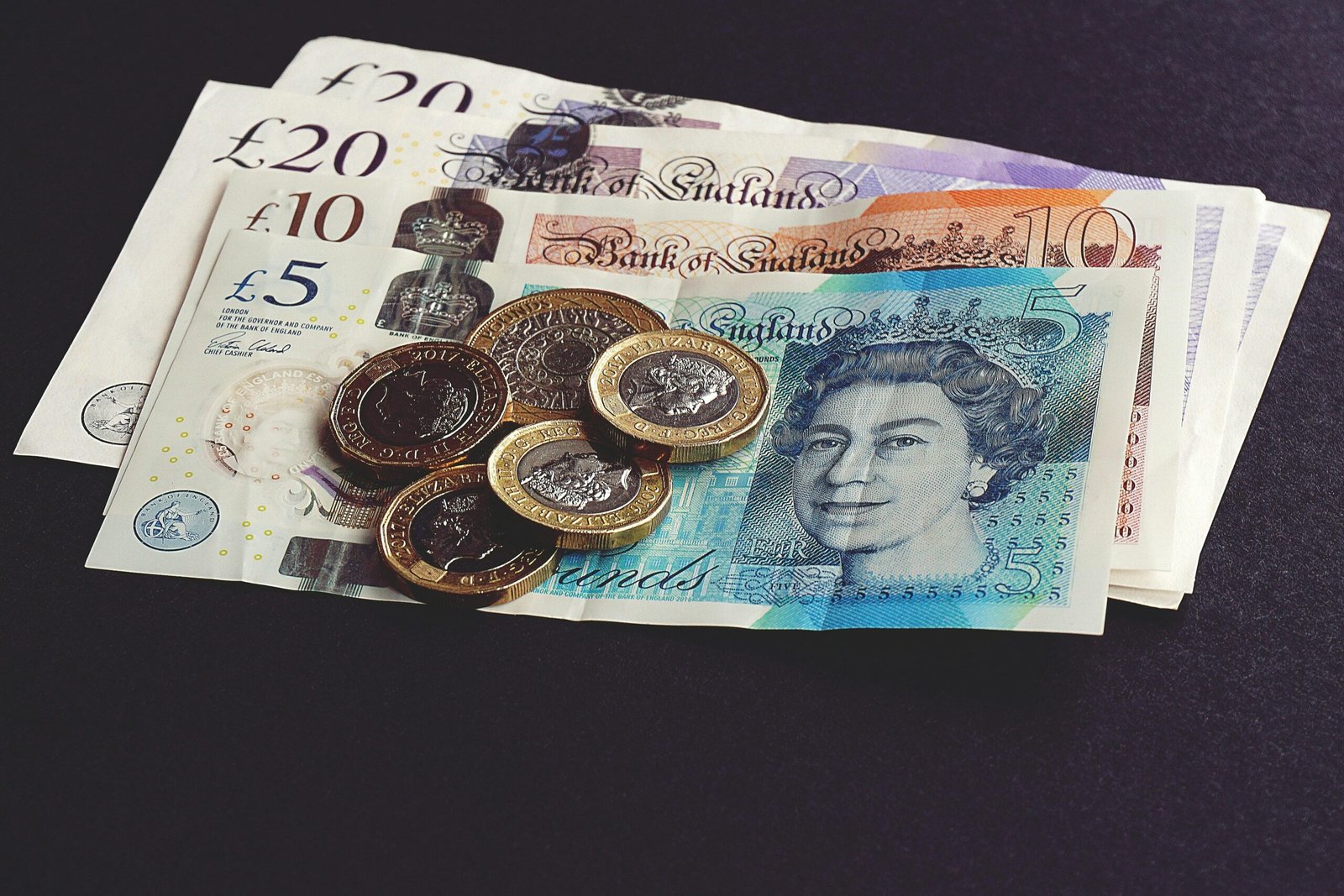Creating a budget might sound overwhelming, but it’s the key to financial stability. A well-planned budget helps you track expenses, save money, and achieve financial goals. If you’ve struggled with budgeting before, don’t worry! This guide breaks it down into simple steps, making it easy for beginners to create a budget that actually works.
Why Budgeting is Important
Budgeting is not about restricting yourself; it’s about making informed financial decisions. Here’s why you need a budget:
- Keeps your spending in check
- Helps you save for future goals
- Prevents unnecessary debt
- Gives you financial peace of mind
Step-by-Step Guide to Creating a Budget
1. Set Clear Financial Goals
Before making a budget, know why you’re doing it. Do you want to save for a house, pay off debt, or build an emergency fund? Clear goals help you stay motivated.
2. Track Your Income and Expenses
To make an effective budget, first understand how much money comes in and where it goes.
- List Your Income Sources: Include your salary, side hustles, investments, or any other earnings.
- Record Your Expenses: Track your fixed expenses (rent, bills, loans) and variable expenses (groceries, entertainment, shopping).
3. Categorize Your Expenses
Divide your expenses into needs, wants, and savings.
- Needs: Rent, groceries, insurance, utilities
- Wants: Eating out, shopping, subscriptions
- Savings & Investments: Emergency fund, retirement savings
4. Choose a Budgeting Method
There’s no one-size-fits-all budget. Choose a method that suits your lifestyle:
- 50/30/20 Rule: 50% on needs, 30% on wants, 20% on savings.
- Zero-Based Budgeting: Every dollar is assigned a job, leaving no unallocated money.
- Envelope System: Cash is divided into envelopes for each spending category.
5. Cut Unnecessary Expenses
Look for areas where you can save. Ask yourself:
- Do I need all these subscriptions?
- Can I cook at home instead of eating out?
- Is there a cheaper alternative for my bills?
6. Build an Emergency Fund
Unexpected expenses happen. An emergency fund keeps you from dipping into your savings or taking on debt. Aim for 3-6 months’ worth of expenses.
7. Automate Your Savings
Set up automatic transfers to savings accounts. This way, saving becomes effortless, and you won’t be tempted to spend first.
8. Plan for Irregular Expenses
Some expenses don’t occur monthly, like car repairs, vacations, or holiday shopping. Set aside money for these to avoid financial surprises.
9. Adjust and Improve Your Budget Monthly
Your budget isn’t set in stone. Review it each month, making adjustments based on your spending patterns and income changes.
10. Use Budgeting Apps for Better Tracking
Technology makes budgeting easier. Consider using apps like:
- Mint
- YNAB (You Need A Budget)
- PocketGuard
- EveryDollar
Common Budgeting Mistakes to Avoid
1. Setting Unrealistic Goals
A budget that’s too strict will likely fail. Be realistic about your expenses and savings.
2. Forgetting to Include Small Expenses
Little purchases add up. Track everything, even coffee runs or app subscriptions.
3. Not Reviewing Your Budget Regularly
A budget isn’t a one-time task. Review and adjust it monthly to stay on track.
4. Ignoring Savings
Saving should be a priority, not an afterthought. Always set aside a portion of your income.
5. Giving Up Too Soon
Budgeting takes time to master. Stick with it, learn from mistakes, and make improvements.
Final Thoughts
Creating a budget that actually works doesn’t have to be complicated. With clear goals, smart planning, and regular adjustments, you can gain control over your finances. The key is consistency—stick with your budget, and financial stability will follow.
FAQs
1. How do I start budgeting with no experience?
Start by tracking your income and expenses for a month. Then, categorize your spending and set realistic goals based on your financial situation.
2. How much should I save each month?
Aim to save at least 20% of your income. If that’s not possible, start small and increase savings over time.
3. What if my income is irregular?
Base your budget on your lowest monthly earnings and set aside extra money during high-income months.
4. Is cash better for budgeting than credit cards?
Using cash can prevent overspending, but credit cards offer rewards and convenience. The key is to use them wisely and pay off balances in full.
5. What if I have debt? Should I still save?
Yes! Prioritize high-interest debt while also saving a small emergency fund to avoid relying on credit for unexpected expenses.




